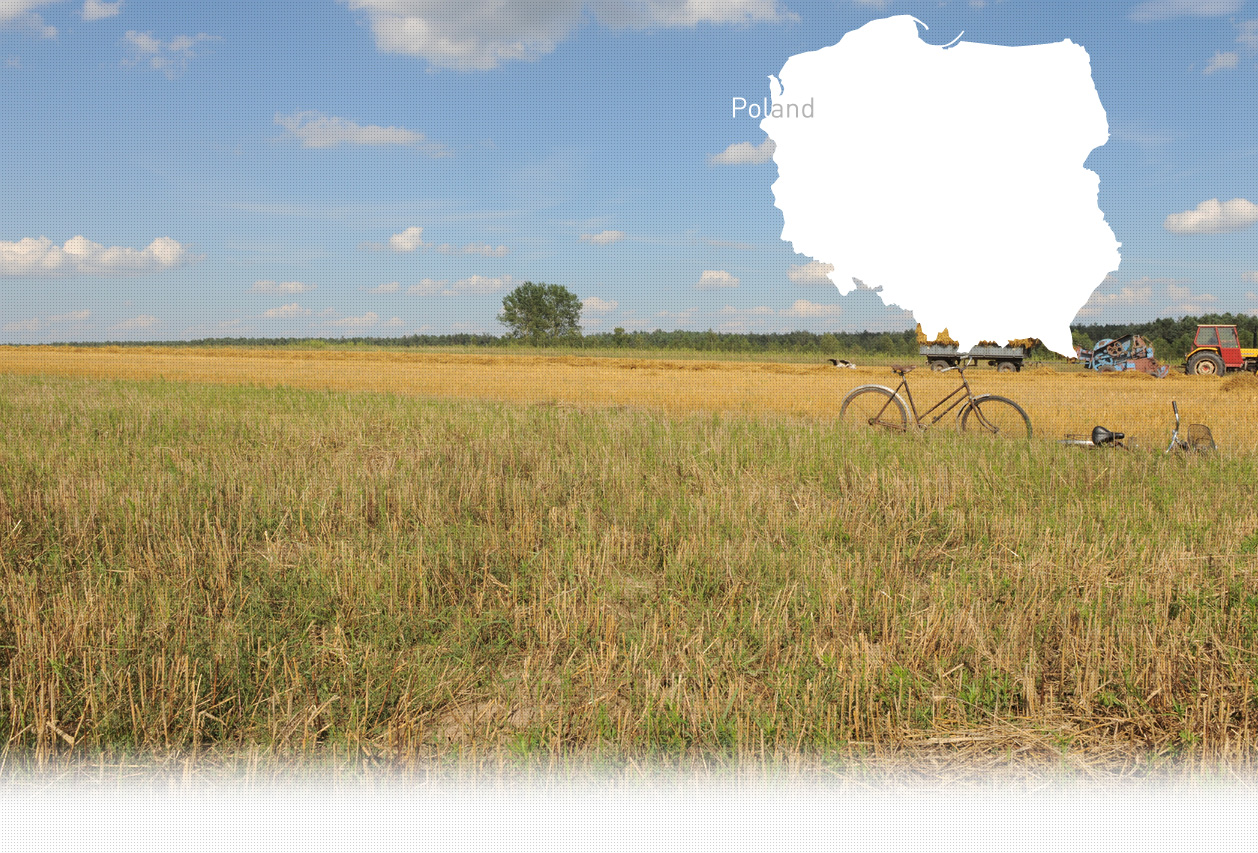

1 Execution site(s)
Waclaw L., born in 1925, recalls: “The first Aktion lasted for a couple of days, but the biggest deportation was carried out during the first days after the occupation. On this day, about 200 Junaki members were brought to Dzialoszyce and forced to dig the pits. One morning, about 6am, the town was cordoned off. All the Jews were ordered to prepare their belongings and to gather at the market place. An employee from the magistrate passed by the village with a trumpet and informed the Jews about the gathering. Once the Jews gathered at the market place, the Germans proceeded to the selection. The youngest ones were taken to the train station, where they were deported to Krakow and Plaszow in the camps, while the oldest and the ill were taken to the Jewish cemetery to be shot. The local people were requisitioned to transport the Jews from the market place to the cemetery. My father was one of them. He had to make several trips because there were many Jews.” (Testimony n°545, interviewed in Dzialoszyce, on March 31, 2016)
1.Date and place of execution: 03.09.1942, Jewish cemetery; December 1942.
2. Type of execution: shooting
3. Personal data of the executed victims: 1500 children and elder people from Dzialoszyce, 15 Poles shot between September 1942 and December 1944. 34 Jews killed in December 1942. 2 Poles killed in May/June 1943. Jews who were unable to walk quickly or were unable to work were killed.
Victims’ bodies buried in 5 mass graves and at the Jewish cemeteries. [Court Inquiries about executions and mass graves in districts, provinces, camps and ghettos-Ankieta Sadow Grodzkich; RG-15.019 Reel #2 part 3]
Działoszyce is a small town in Swietokrzyskie region, in the administrative district of Pinczow. It lies 65 kilometers south from Kielce, the capital of the region and 50 kilometers north east from the second biggest city in Poland, Krakow. Jews started to settle in Działoszyce after 1707 and in 1820 they constituted 74% of the population. In 1899, 90% of habitants of Działoszyce were Jews. During the interwar period it was called “the capital of the Jews”, as they constituted 80% of the city’s population. The majority of the Jews were traders, they owned a lot of factories and organized fairs every Tuesday and Friday. There were multiple associations and organizations in town, including various charities and library. There was a Jewish school, cemetery and a synagogue in town.
The German army appeared in Działoszyce on the 7th of September, but the town suffered from bombing since the early September days. The repressive measures began immediately. Jews had to wear the Star of David, curfew was established and their houses were taken over. According to some sources the ghetto was established in March 1941 and during its existence young people were deported for forced labor. Executions also started in 1941. On September 1st 1942, 10 000 Jews from the ghetto were gathered by the German troops on the market square: majority of them was transported to Miechow, the collection point, and later to the extermination camp in Belzec. Around 1,500 children and older, unable to walk people were transported to the Jewish cemetery and shot. According to the Polish archives 34 Jews from Działoszyce were shot in December 1942 in Drozejowice.
Do you have additional information regarding a village that you would like to share with Yahad ?
Please contact us at contact@yahadinunum.org
or by calling Yahad – In Unum at +33 (0) 1 53 20 13 17